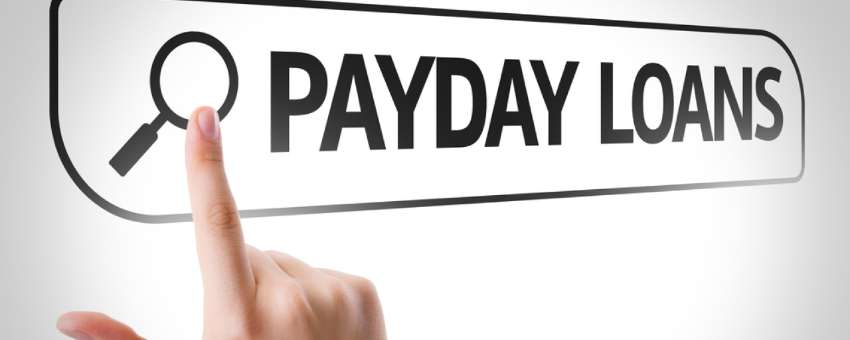
Borrowing money can be stressful, especially if you need it in an emergency. There are many options for personal loans or credit lines. Payday loans also known as cash advances are an option. However, they come with unique risks. can even be illegal in certain states.
When considering a payday loan, it is important to fully understand the benefits and costs. You can then create a plan to ensure you don’t rush into making a loan decision if you have immediate cash needs.
You have control over your credit
For building credit, check out our Quicksilver Secured and Platinum Secured cards.
What is a Payday Loan?
Payday loans are a low-cost, short-term personal loan. They can be repaid within two to four weeks. Terms and structures can vary depending on the state, payday lender, and individual loan.
Because they don’t require collateral, payday loans are unsecured loans. Although payday lenders are able to provide the funds you need, the FTC claims it has filed numerous law enforcement actions against payday lender for deceptive and unfair practices.
What is the process of payday loans?
Borrowers can apply to a payday advance loans near me by filling in a loan application form and sending pay stubs. These loans are typically for small amounts, and usually have set fees depending on the amount. The Consumer Financial Protection Bureau, (CFPB), describes a typical fee for a cash advance as $15 per $100 borrowed. This is almost 400% interest at an annual percentage rate (APR). Credit card interest rates range from 12% to 30%.
The borrower usually sends a postdated check to the lender for the entire amount borrowed and any fees . The borrower may also authorize the lender to electronically withdraw the amount from their bank account at the due date.
Payday loans are usually paid off as soon as possible.
Rates of interest on payday loans
Payday loans have a fixed interest rate, rather than a variable rate. Because the cash loan repayments are expected to be in one lump sum, The federal Truth in Lending Act requires payday lenders to disclose any finance charges attached to a loan.
Payday loans fees and risks
The CFPB warns you about the many additional fees and costs that payday loans can bring. Rollover fees, late fees, overdraft fees, non-sufficient funds fees (NSF), fees if your bank account has not been cleared by the due date, and other fees can be included.
If the funds are loaded onto your prepaid debit card, additional fees could be added to your loan.
Are payday loans bad for your credit score?
A payday loan does not require you to have a good credit rating or prove your ability to repay it. This is a benefit for those with poor credit or who are rebuilding their credit but don’t have any other financing options. Experian says that these loans won’t help build credit if you don’t report them to the credit bureaus and pay them on-time.
The same could not apply if your payments are late or if you can’t repay the payday loan places near me. Payday lenders might report late or missed payments to credit bureaus. It could still affect your credit score.
Alternatives to payday loans
It’s important to look at all options before you rely on payday loans or other potentially risky forms of credit . Credit counseling is a great way to help with budgeting. A healthy emergency savings account is an excellent way to safeguard yourself from the unplanned.
Another option is a secured credit card. With responsible usage, secured cards can help build credit. You could be eligible for a card that offers additional perks as you build credit.
You may also be interested in installment loans. It is important to research the best small loan for your needs.
Whatever option you choose to go with, it is important to plan ahead. The CFPB also has a great resource page for payday loans.

